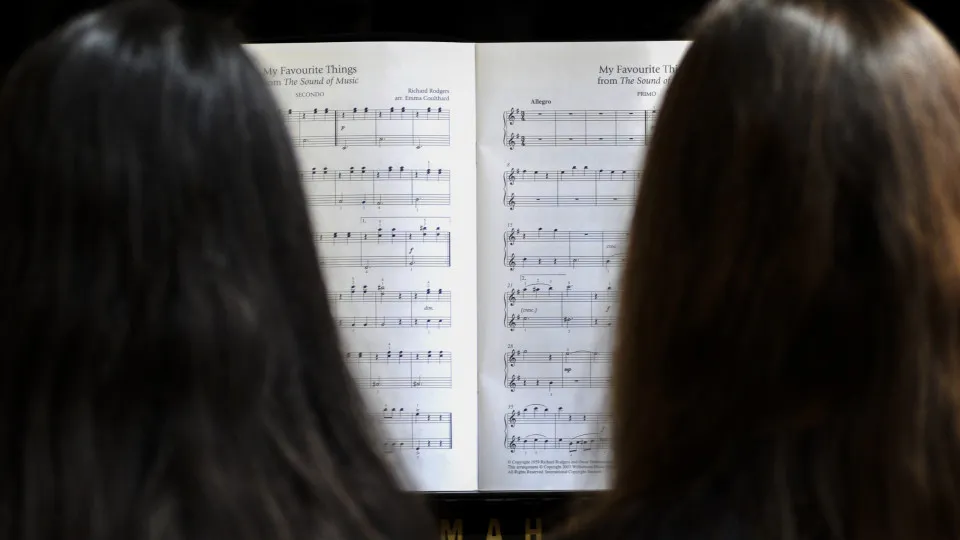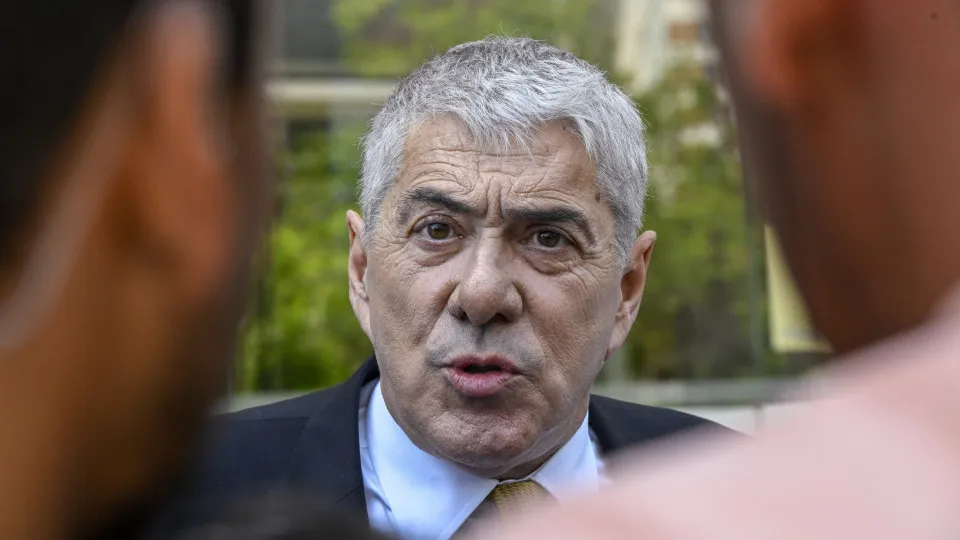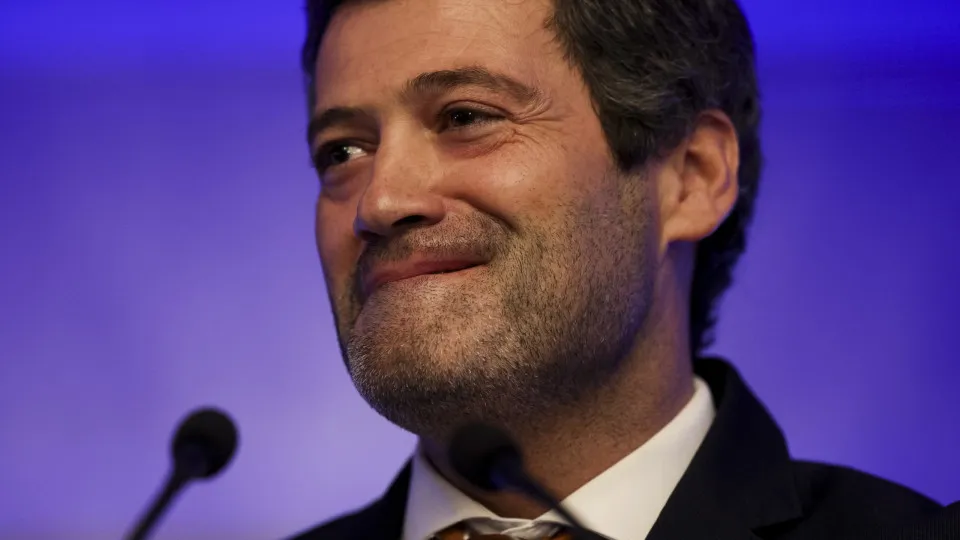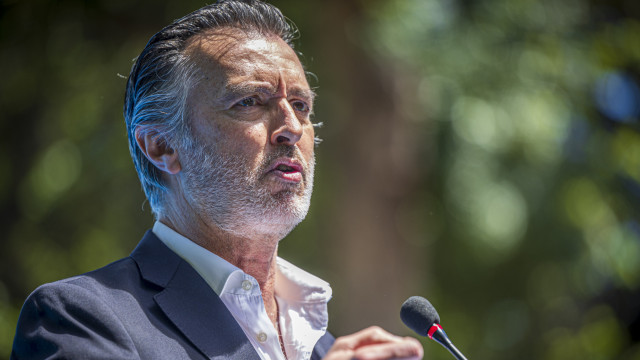
The “Music of the World – The Voice of Minorities” project aims to promote the inclusion and integration of immigrant children and adults in the community of Batalha, in the Leiria district. The proposal for this initiative has been approved.
The collection, editing, and dissemination of traditional musical repertoires from both Portuguese origin and the homelands of various immigrants serve as the starting point for a project designed to strengthen cultural ties, foster active participation in the school community, and appreciate cultural diversity, as outlined in the project’s detailed plan.
At the latest meeting of the executive led by Raul Castro (independent movement ‘Batalha é de Todos’), Vice-President Carlos Monteiro announced that the proposal, valued at 49,014 euros, was approved with support amounting to 16,000 euros.
“We were deprived of support for the conductors and orchestration,” he explained.
According to the official, the project will be coordinated by the Batalha Schools Group and developed through the ‘Orquestrar’ program and with local associations.
The objective is to “collect world music and integrate it into a joint project,” aiming to “facilitate community integration, especially of children and parents attending the school.”
The music collection will represent Portuguese music and that of immigrant communities in Portugal. There will be “choral and instrumental groups involving children from the 1st cycles of education” and “74 adults participating in three classes of the Portuguese as a Host Language project,” fostering “socialization and intercultural learning,” Carlos Monteiro added.
The document states that of the 74 immigrant adults, 23 are from India, 14 from Ukraine, nine from Nepal, and the remainder from other origins.
The Batalha Schools Group hosts 290 students from 20 nationalities in primary and secondary education.
“This project will enhance the historical achievements of immigrant community integration in the municipality, which, alongside a learning process, will have access to a new initiative of direct involvement in artistic and cultural experiences, immersed within the community and interacting with other recreational and social associations in the municipality,” reads another section of the project’s detailed plan.
This music collection will enable the publication of a songbook, “ensuring its preservation and dissemination,” “enhancing musical and cultural heritage, prompting respect for diversity,” and “integrating sustainable practices in project implementation, reducing the environmental impact of developed activities, prioritizing the use of tablets for viewing sheet music.”
Participation in the project will be entirely free for all children and adults involved, as well as the instruments provided, ensuring “equal access and inclusion for all students, regardless of their socioeconomic status.”
This music archive will culminate in two public performances and a final songbook edition in June 2026.




